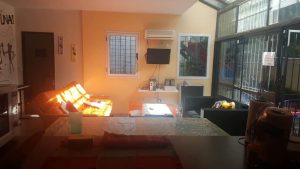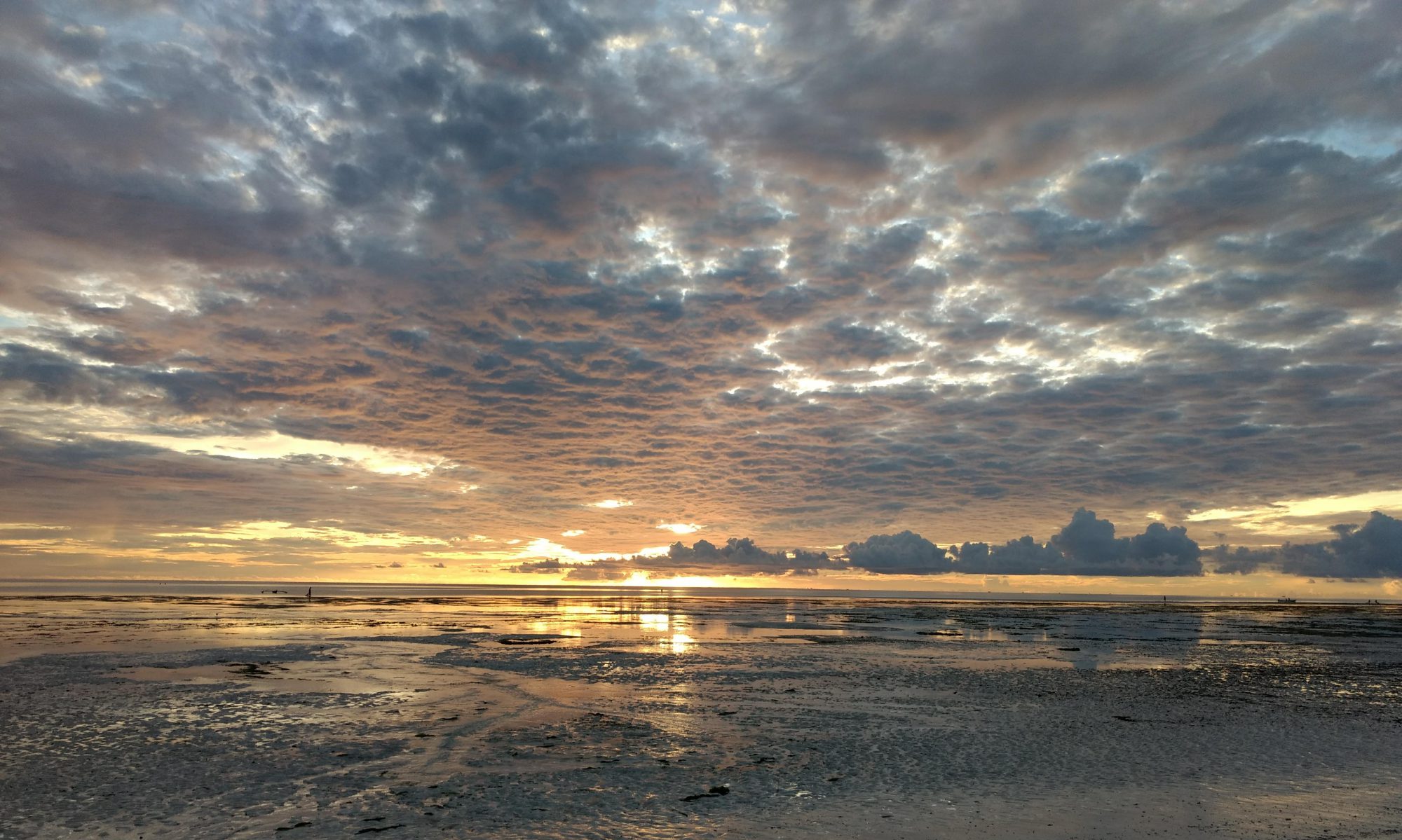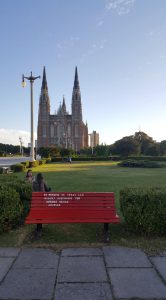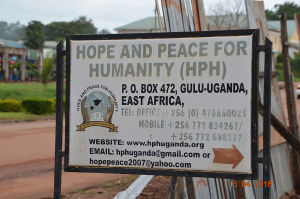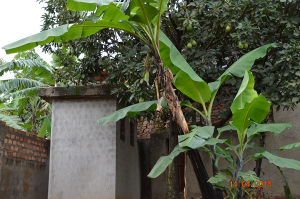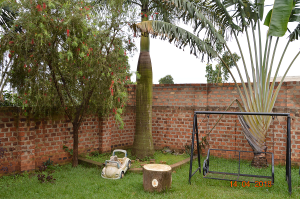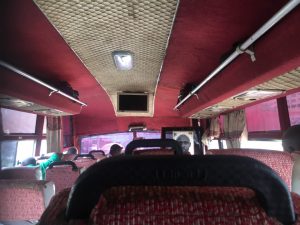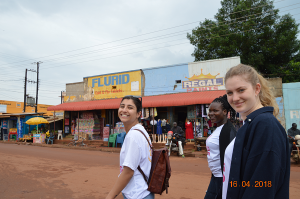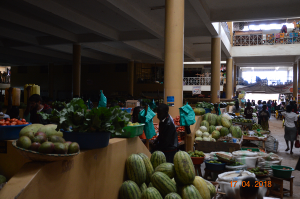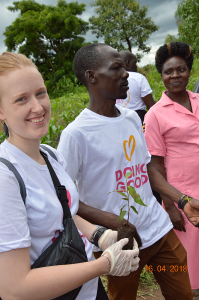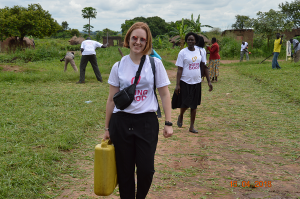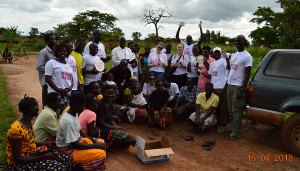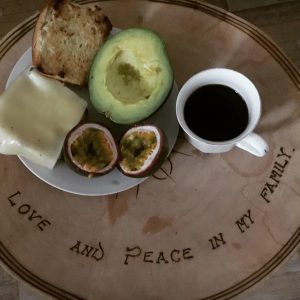Hello!
Finally I have arrived to Argentina and this new experience has begun.
I have decided to stay in La Plata, a student city one hour outside of Buenos Aires, where I did my exchange semester last year. I have found a wonderful little accommodation with a patio that I share with two other students. My plan is to have La Plata as a “home base” and then travel to places in the Buenos Aires region when I need to conduct interviews.
On Monday I meet with my contact person who is a teacher at the Humanities faculty here in La Plata and we had a great first meeting together. We talked a bit about my project and she gave me some literature so that I can read up on the the current discussion of abortion in the country. During my exchange I learned a lot about the women’s movement and the political debate of abortion and now I am excited to learn even more and to gain new experiences.
The first days have been intense and filled with studying but I have also had time for some catching up with missed friends from my exchange. The weather is better than I expected so I am walking around and enjoying the sun.
It feels like things haven’t changed since I left Argentina almost one year ago. The people are as friendly as always and they don’t miss a chance to sit down and drink some mate (the argentinian national drink). But there is one drastic change in the country, the economic crisis. The argentinian peso has lost half of its value in one year and the prices have increased due to the current inflation. The crisis is affecting all the areas and spheres of the lives of population, and persons have shared their discomfort and preoccupation on the current situation.
During the week I will continue reading and start to formulate the questions for my interviews. Hopefully I will have some time during the weekend to enjoy some cervezas and perhaps even a concert. The rhythm of life is relaxed and and plans happens in the moment, something that can be a bit different from the Swedish way of planing, but I like it.
Saludos!
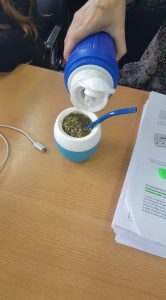
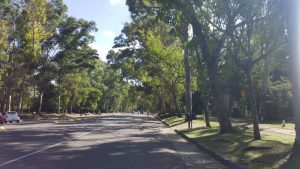
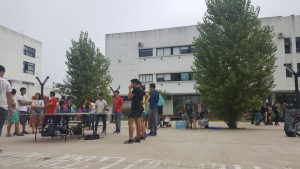
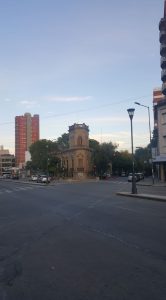
The catedral of La Plata and a red painted bench commemorating women who died due to domestic violence.
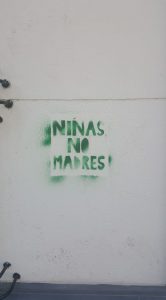
Graffiti that calls for the legalization of abortion
